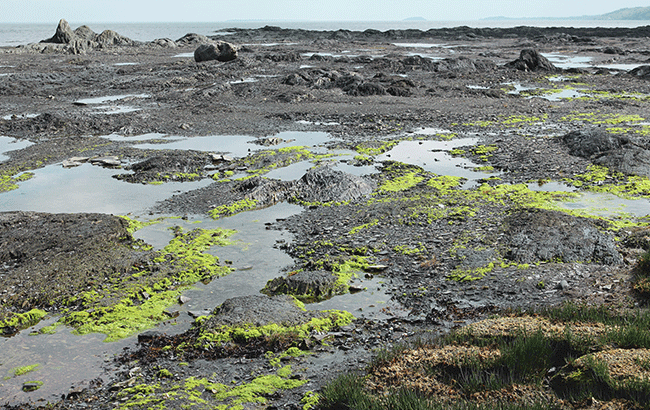Peatland projects ‘essential’ to mitigating climate change
The restoration of peatland could cut greenhouse gas emissions by 800 million metric tonnes per year, according to a new report.

The Economics of Peatlands Conservation, Restoration and Sustainable Management policy report was released by the UN Environment Programme (UNEP) and the Global Peatlands Initiative (GPI), and written by Edward Barbier and Joanne Burgess of Colorado State University’s Department of Economics.
The report was created to outline the economic and environmental importance of protecting peatlands, which are one of the world’s most carbon-dense land ecosystems. They contribute to biodiversity and are an important source of water; in Ireland and the UK, they supply about 85% of all drinking water, the report said.
Peatlands also play a key role in Scotch whisky production, as they contain the peat stores that are sometimes used to flavour the spirit and are crucial to the industry’s water supply.
But peatlands “are an ecosystem at risk, with 15% of them being drained for grazing, agriculture, forestry and mining”, noted Dianna Kopansky, UNEP global peatland coordinator.
Drained or burning peatlands emit about two billion tonnes of carbon dioxide each year – around 5% of all emissions resulting from human activity, according to the report.
“They contribute disproportionately to climate change, are essential for water security and are important places for nature and people,” Kopansky explained.
The report found that undervaluation and underinvestment are the main causes of peatland mismanagement. It called for investments of up to US$46bn annually by 2050 to halve the emissions currently produced by draining and burning peatlands.
Co-authors Barbier and Burgess also recommended removing subsidies to industries that contribute to peatland degradation, and increasing funding for peatland protection.
“Our global failure to manage peatlands proves that their benefits are undervalued in our commercial and policy land-use decisions,” said Barbier.
“Peatlands suffer from a global chronic underinvestment, while they benefit global climate and biodiversity goals, and directly support poor people, women and children. It is essential that peatlands are recognised as high priority for urgent action by policymakers.”
Last month, Beam Suntory pledged more than US$4m to restore more than 1,300 hectares of peatlands by 2030 – enough to produce the same amount of peat the company harvests each year for its Scotch business.
Diageo also undertook a peat restoration project as part of its pursuit of the International Water Stewardship Standard certification.
Related news
William Grant finalises Famous Grouse purchase
